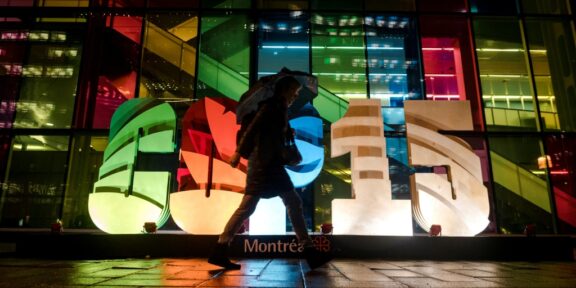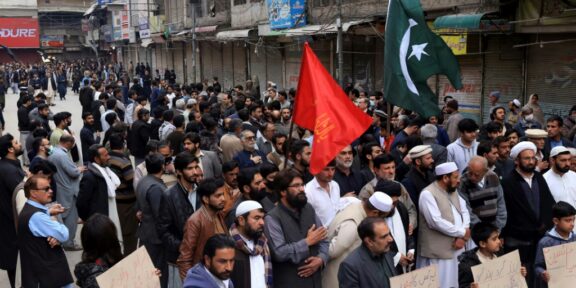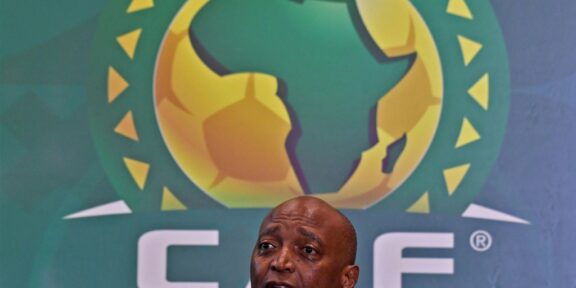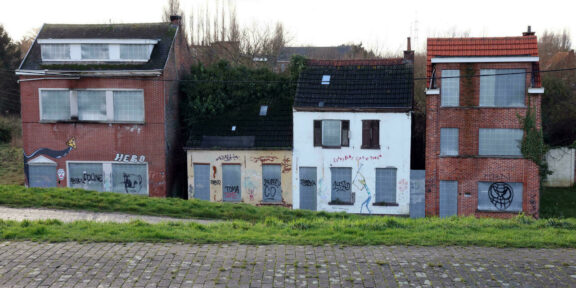Mexico’s economy grew by five percent in 2021 but headed into technical recession at the end of the year, as Latin America’s second-biggest economy contracted for a second straight quarter, preliminary official data showed Monday.

Gross domestic product (GDP) fell by 0.1 percent in the three months to December from the previous quarter, when the economy had shrunk 0.4 percent, national statistics institute INEGI reported.
The data “confirmed that the economy slipped into a recession over the second half of 2021, and we think growth this year will be weaker than most expect,” consultancy firm Capital Economics warned.
A technical recession is generally defined as two straight quarters of falling GDP.
Analysts surveyed by the central bank expect the economy to grow 2.7 percent in 2022.
The Mexican economy contracted by 8.4 percent in 2020 — the worst slump since the Great Depression some nine decades ago, as soaring coronavirus infections led to mass shutdowns.
Mexico has been particularly hard hit by the pandemic, with 4.9 million Covid-19 cases and more than 300,000 deaths in the nation of 126 million.
It is now experiencing a slower economic recovery than the United States and also facing soaring consumer prices, noted Gabriela Siller, head of analysis for the financial group BASE.
The second straight quarterly contraction “confirms that Mexico fell into the so-called double dip or ‘W’ shaped recovery,” she tweeted.
“High inflation and the drop in GDP in the second half of 2021 suggest that the Mexican economy is going through stagflation, a situation that has not been seen in Mexico since the 1980s,” she added.
Mexican inflation hit 7.37 percent year-on-year in November — the highest since 2001.
In response, the central bank raised its benchmark interest rate for a fifth consecutive time in December, to 5.5 percent, to try to rein in consumer prices.
INEGI said industrial activity, which represents close to a third of GDP, grew by 6.8 percent last year.
Services, worth 60 percent of GDP, rose by 4.2 percent while so-called primary activities — such as farming, fisheries and natural resources extraction — grew just 2.7 percent.
Rather than direct aid to businesses, the government of President Andres Manuel Lopez Obrador has concentrated its pandemic recovery efforts on social programs and investment in public works, such as a new airport for Mexico City and an oil refinery in the southeast.








